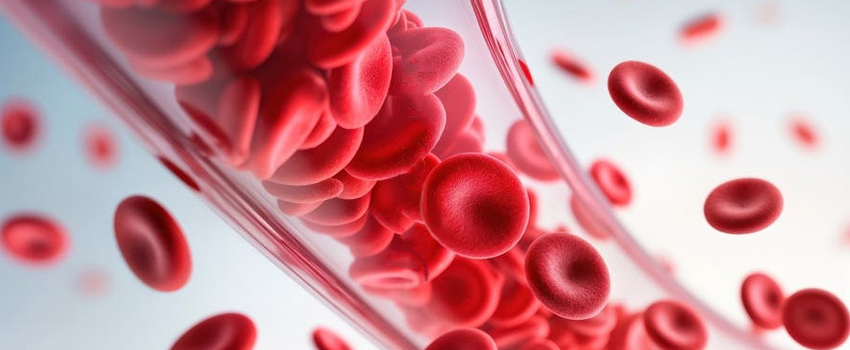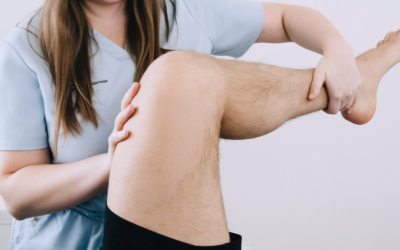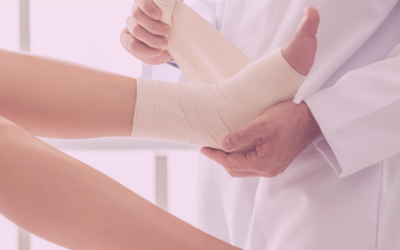Leg cramps are a problem that many people face. They strike anytime and often find you when you are not prepared. These painful, involuntary muscle contractions usually affect the calf muscles, though they can occur in the thighs or feet also.
While minor, leg cramps can be disruptive to normal life. People who suffer frequent cramps may be unable to get good sleep and may not participate in regular activities. Identifying the reason behind the cramps is the first step on the road to healing.

Sometimes, night-time muscle cramps that recur might be symptoms of some other health condition. Knowing when to seek help makes all the difference in how well the condition is managed.
What Causes Leg Cramps?
Leg cramps are caused by overworked muscles or dehydration. Your body is dehydrated when it has lost too much water or electrolyte. Deficiency in important minerals like potassium and magnesium can also worsen muscle cramps.
Poor circulation of blood in the legs can also be considered another cause. Poor circulation reduces oxygenation in the musculature at the time of movement or rest. Medical conditions like reduced circulation in the lower limbs further increase your risk for leg crumbs.

Certain medications, such as diuretics and statins, may also contribute to cramping. If you are on these medications and experience frequent cramps, you should speak with your doctor.
Are Leg Cramps Linked to Lifestyle?
Your lifestyle can also affect the development of leg cramps. Activities that involve long periods of sitting or standing can lead to muscle stress. Over time, this can be can lead to leg cramps that don’t stop.
Athletes are often plagued by cramping caused by overexertion. Repeated, strenuous workouts may overwork the muscles, resulting in painful contractions. Proper stretching before and after exercise may help reduce this.
Nighttime leg cramps are sometimes related to the position people sleep in. For example, people who sleep with their toes pointed downward can create a muscle that may shorten and eventually spasm and cramp.

When Are Leg Cramps a Warning Sign?
Not all leg cramps are benign. Persistent or painful cramps may signify deep conditions such as chronic vein disease symptoms. This could restrain blood flow and result in painful swollen legs.
Cramping accompanied by symptoms such as numbness or discoloration may be symptoms of serious health problems. Repeated leg cramps in older adults can be, sometimes, indicative of vascular problems in early stages.
When cramps do not disappear or progressively worsen, you should seek medical help. A health professional may search for any peripheral artery disease.
How to Prevent Leg Cramps
Stay hydrated. Water helps in keeping your muscles working properly. Adding foods that are high in magnesium and potassium, like bananas and spinach, becomes very helpful.
Stretching must be done on a routine basis. Minor stretches, in particular before retiring to bed, loosen tight muscles. People who experience muscle tightness while walking should indeed focus on stretches dealing with the calf and thigh muscles.

Wearing supportive shoes can also make a difference. Improper footwear can strain your legs and increase the risk of cramps. Wear shoes that fit well and provide good support.
Treatments and When to See a Doctor
Do you get frequent leg crumbs? Treatments such as massage or heat therapy may be helpful. Massaging the area can help to relax the muscles and also promote blood flow.
Sometimes, home remedies are just a little too simple to work on their own. If the cramping persists, your doctor might prescribe medication or surgery to correct the problems with the blood vessels that cause cramping.
For vascular-related leg cramps, Washington Vascular Specialists provide specialized care. We will provide customized solutions for your needs and use advanced procedures and medical technology to restore your health. Contact us to learn more!



